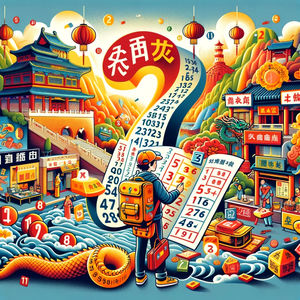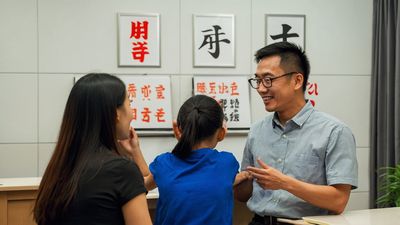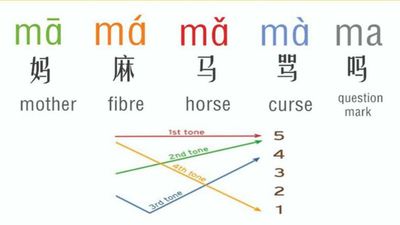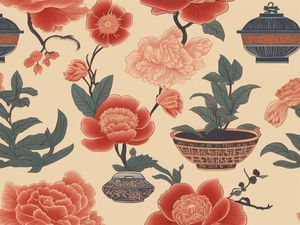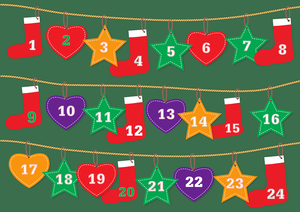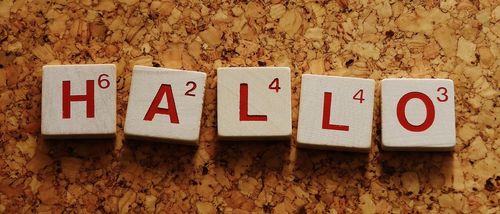Unraveling the Origins of Chinese Checkers: A Journey from Germany to Global Fame
Explore the captivating world of Chinese Checkers through our illustrated scene, showcasing the strategic joy and universal appeal of this classic board game
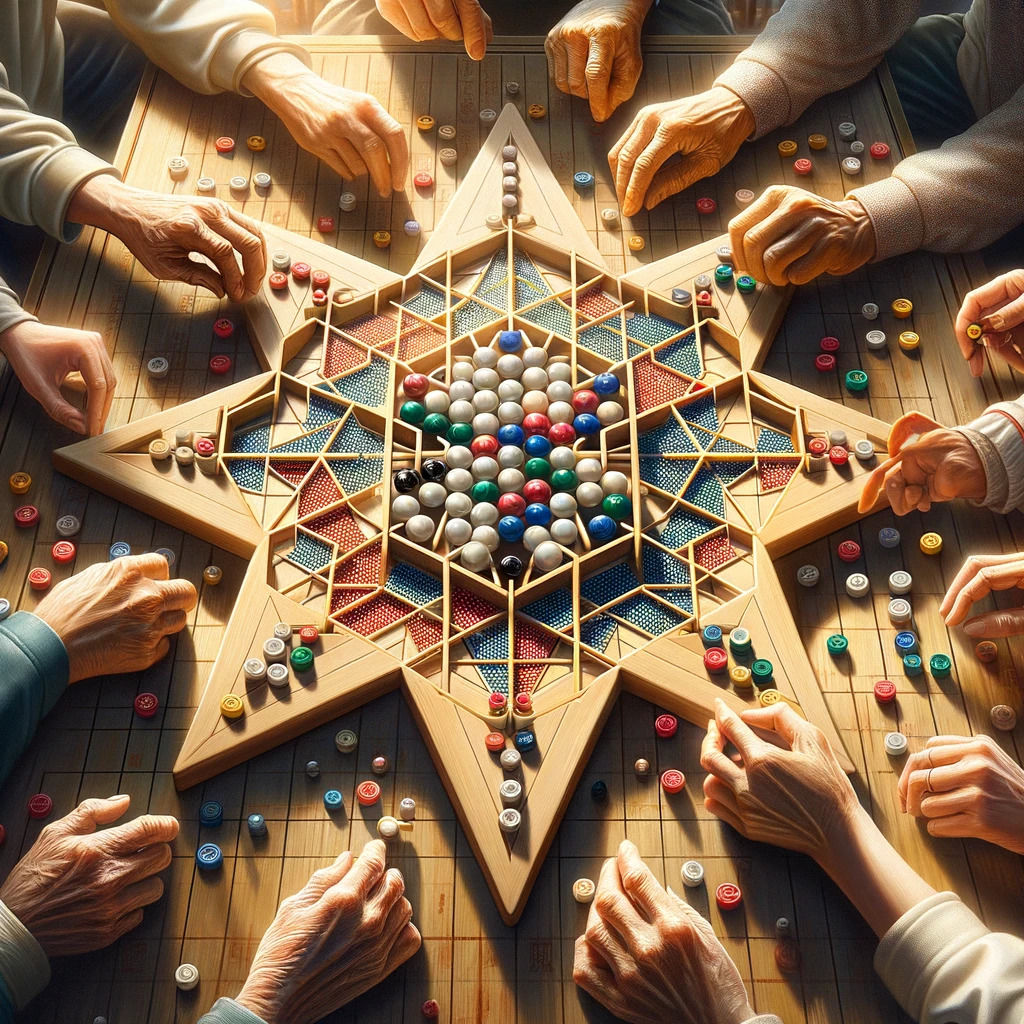
Unraveling the Origins of Chinese Checkers: A Journey from Germany to Global Fame
In which country was the game Chinese Checkers invented? In the vast panorama of board games, with their ancient lineages and cultural ties, few games boast a misnomer as misleading as Chinese Checkers. Contrary to what its name suggests, this beloved game did not originate in China nor is it a variant of checkers. The true cradle of Chinese Checkers lies far from the bustling streets and ancient heritage of China, nestled instead in the heart of Europe—Germany. This article embarks on a fascinating journey to uncover the origins of Chinese Checkers, tracing its evolution from a late 19th-century German invention to a globally cherished game.
The German Genesis
The story of Chinese Checkers begins in 1892 with a game called "Stern-Halma." Invented in Germany, Stern-Halma was an adaptation of the American game "Halma." The latter, a brainchild of George Howard Monks, an American thoracic surgeon at Harvard Medical School, was itself inspired by the English game "Hoppity." Stern-Halma was designed by a German scientist with the aim of creating a more dynamic version of Halma that could be played by up to six people at a time. The game's distinctive star-shaped board was a departure from Halma’s square grid, introducing a new layer of strategy and complexity.
A Misleading Moniker: The Birth of "Chinese Checkers"
The journey from Stern-Halma to "Chinese Checkers" is a tale of marketing ingenuity. In the 1920s, the Pressman company decided to introduce Stern-Halma to the American market under a new, more exotic name. "Chinese Checkers" was chosen, despite the game having no historical or cultural connections to China. The rebranding was a strategic move to pique consumer interest and stand out in a crowded market of board games. The name "Chinese Checkers" stuck, and the game's popularity soared, cementing its place in the pantheon of classic games worldwide.
The Game Itself: A Blend of Simplicity and Strategy
Chinese Checkers is celebrated for its elegant simplicity coupled with deep strategic possibilities. Played on a star-shaped board comprised of 121 holes, the game can accommodate two to six players. Each player starts with ten pegs on one of the star's points, and the objective is to be the first to move all one's pegs to the opposite star point. Movement is governed by simple rules: pegs can move to adjacent holes or jump over other pegs, chain-jumping in a manner reminiscent of checkers. This blend of straightforward gameplay and strategic depth makes Chinese Checkers accessible to beginners while still challenging seasoned strategists.
Strategies for Success
Winning at Chinese Checkers requires foresight, planning, and the ability to anticipate opponents' moves. Successful players often employ strategies like forming "bridges"—arrangements that allow for long chains of jumps—and blocking tactics to slow down opponents. The game's beauty lies in its fluid dynamics; no two games are ever the same, and victory hinges on adaptability and cunning.
Global Spread and Modern Variations
From its German origins, Chinese Checkers has spread across the globe, transcending cultural and linguistic barriers. The game's appeal lies in its universal simplicity and the joy of direct competition. Over the years, numerous variations have emerged, from different board designs to online versions that allow players from around the world to compete against each other. Despite these variations, the core principles of the game remain unchanged, a testament to the enduring design of Stern-Halma.
Choosing the Right Set
For enthusiasts looking to delve into Chinese Checkers, selecting the right set is crucial. Traditional boards made of wood offer a classic gaming experience, while modern versions may feature plastic or metal pegs and colorful designs. The choice of set often depends on personal preference, whether one values the tactile feel of wooden pieces or the durability of synthetic materials.
The journey of Chinese Checkers from a German invention to a global phenomenon is a remarkable tale of cultural exchange, marketing savvy, and the universal appeal of strategic gameplay. Far from its misleading name, the game stands as a bridge between cultures, a source of endless entertainment, and a challenge to the mind. Whether played on a quiet evening at home, as a competitive endeavor, or as a means of connecting with friends old and new, Chinese Checkers remains a cherished staple in the world of board games. Its story, rooted in the innovation of Stern-Halma and blossoming into worldwide acclaim, is a testament to the timeless allure of well-crafted games that challenge, entertain, and unite people across the globe.
